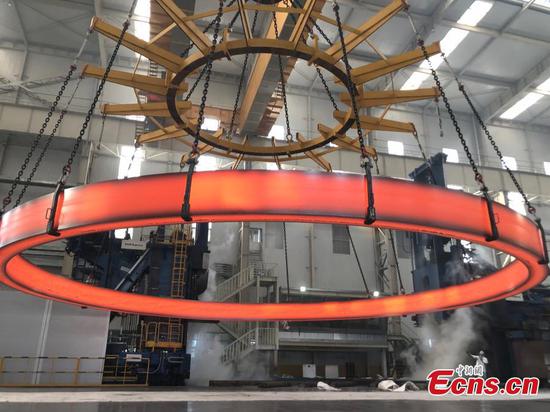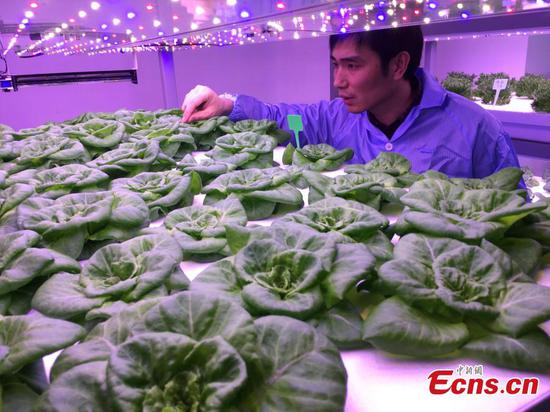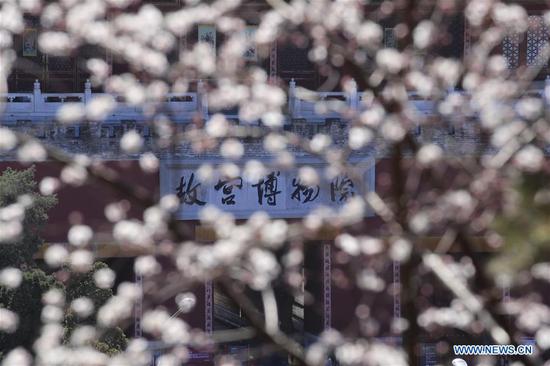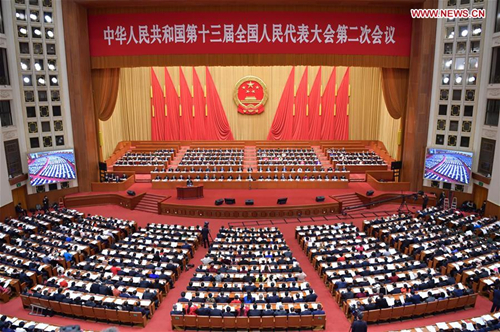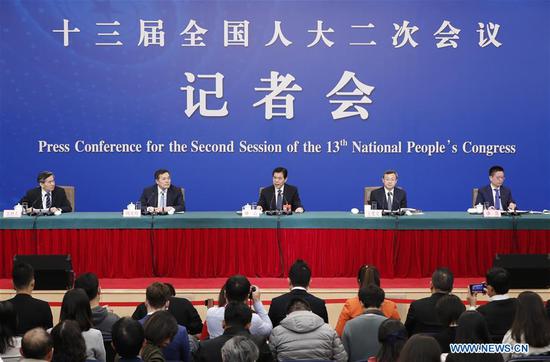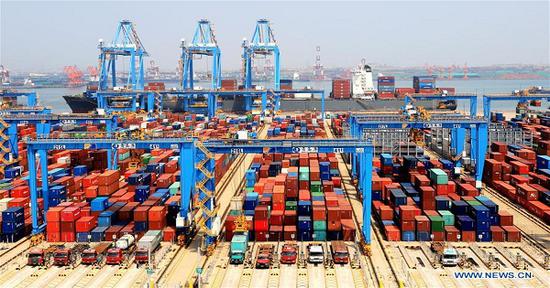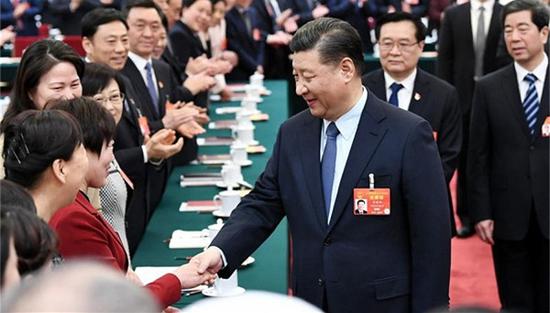Although expanding at a fast pace, China's electric vehicles (EV) cannot replace traditional ones in a large scale in the near future, a senior executive of a leading Chinese energy company has said.
Hou Qijun, vice president of China National Petroleum Cooperation, made the remarks during the Special Dialogue on China at the 38th CERAWeek that kicked off on Monday.
"2018 is a turning point for China's electric vehicle industry. Both sales and output volume had dropped for fossil fuel vehicles, while the annual sales exceed 1.2 million for electric vehicles," Hou said.
According to Hou, the growth of gasoline sales in China has slowed down, and the sales for diesel have entered a downward stage. Therefore, in the long run, the role of electric vehicles being an alternative should not be underestimated.
However, due to the large number of fossil fuel vehicles purchased and used in China, "electric vehicles are not considered large-scale replacements for fossil fuel ones until 2030," Hou said.
In addition, the technology of electric vehicles needs to be further improved and the supporting industrial systems and services also need to be upgraded, he said.
The CERAWeek is an annual energy meeting held by the London-based information company IHS Markit with the attendance of prominent speakers from energy, technology and financial sectors. This year's meeting is attended by more than 4,500 guests from over 70 countries and regions.
There is a special dialogue on China as well as several discussions designed to focus on Asian and Chinese energy markets since China has become one of the largest energy consumption economies in the world.










